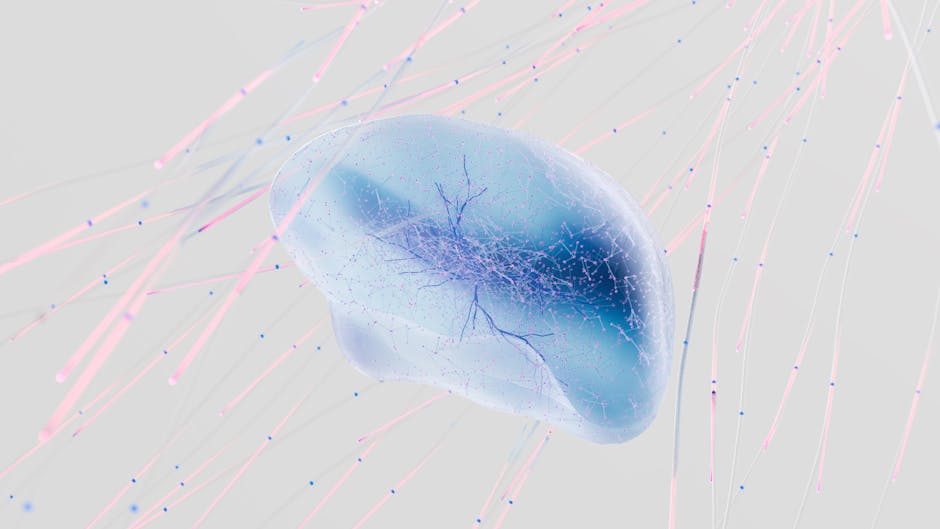
When you think of Parkinson’s disease, the first image that likely comes to mind is a tremor—the uncontrollable shaking that has become the public face of the condition. But what if the real story of Parkinson’s begins long before that? What if it starts silently, not in the muscles, but deep within the very system designed to protect you: your immune system?
Groundbreaking research is now pointing to a startling possibility: Parkinson’s disease may have autoimmune roots, and the first clues could appear in your blood up to two decades before a formal diagnosis. This changes everything we thought we knew about the neurodegenerative disorder.
An Early Warning from Your Body’s Defenders
For years, scientists have worked to understand what triggers the death of dopamine-producing neurons in the brain, the underlying cause of Parkinson’s motor symptoms. The new theory suggests that the immune system mistakenly identifies a key brain protein, alpha-synuclein, as a threat. In response, it launches a sustained, low-grade attack.
This chronic inflammation, a kind of slow-burning fire within the nervous system, can simmer for years, or even decades. Long before a person experiences stiffness, slowness, or a tremor, their immune cells are already on high alert. It’s a silent signal—an early warning system that has gone unnoticed until now.
What This Discovery Means for the Future
The implications of linking Parkinson’s to the immune system are nothing short of revolutionary. It opens up entirely new avenues for both diagnosis and treatment.
- The Holy Grail of Early Diagnosis: Imagine a simple blood test that could identify individuals at high risk for Parkinson’s 10 or 20 years in the future. By detecting these specific immune markers, doctors could intervene at a much earlier stage, potentially before significant brain cell damage occurs.
- A New Frontier in Treatment: If Parkinson’s is, at least in part, an autoimmune disease, then treatments could focus on calming or retraining the immune system. Therapies that modulate immune responses, already used for conditions like rheumatoid arthritis and multiple sclerosis, could one day be used to slow or even halt the progression of Parkinson’s.
- Explaining the Earliest Symptoms: This research also helps explain some of the earliest non-motor symptoms of Parkinson’s, such as loss of smell, sleep disorders (like REM sleep behavior disorder), and chronic constipation. These could be the direct consequences of this early, widespread inflammation.
A New Dawn of Hope
While a definitive immune-based test for Parkinson’s isn’t available at your local clinic just yet, this line of research represents a seismic shift in our approach to the disease. It provides a powerful beacon of hope, moving the goalposts from simply managing symptoms to potentially preventing the disease altogether.
The future of fighting Parkinson’s may not be found in treating a tremor, but in listening to the silent, urgent signal from the immune system and answering its call before the damage is done.

